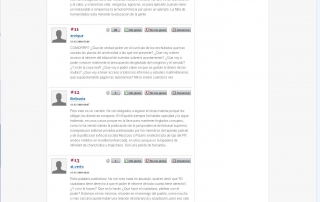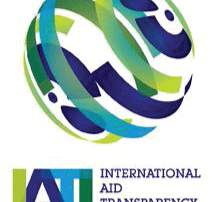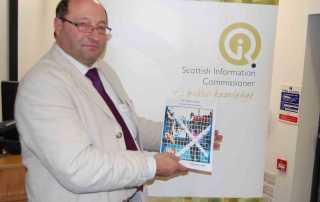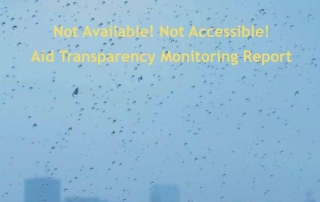Request Process in the United Kingdom
Helen Darbishire2018-11-13T10:06:06+01:00Summary: Information That Must Be Paid For Is Exempt Under the Freedom of Information Act Request sent to Companies House (Click here) Outcome of request Information refused. Time taken to respond 7 working days (Deadline is 20 working days) Reason for refusal No need to answer if info is already available. On 17 February 2015, Access Info Europe requested access to the complete database of companies, as held by Companies House, using the online request platform “What do They Know?” The response came in on 26 February 2015, which stated that access to the database needed to be refused





